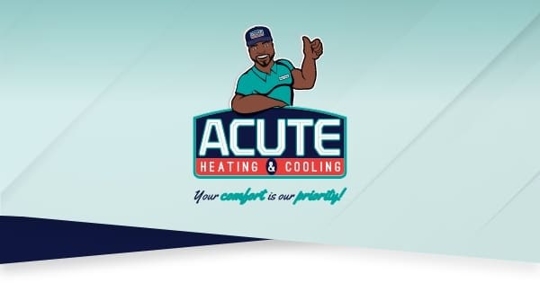Summerville, SC, boasts a warm and humid subtropical climate, with long, hot summers and mild winters. While this climate contributes to the region’s appeal, it also poses specific challenges for homeowners, especially when it comes to maintaining efficient and reliable air conditioning systems. In this blog post, we’ll delve into Summerville’s climate and its impact on AC systems, providing valuable insights and practical tips to help you optimize your cooling system’s performance.
Understanding Summerville’s Climate
- Summerville experiences hot and humid summers, with average high temperatures often exceeding 90°F (32°C).
- High humidity levels make it feel even hotter, leading to discomfort and potential health issues if AC systems fail.
- Winters in Summerville are generally mild, with average lows rarely dropping below freezing.
Impact of Summerville’s Climate on AC Systems
- Increased Strain on AC Systems
- The prolonged and intense heat of Summerville’s summers places a significant load on air conditioning systems.
- AC units must work harder and longer to maintain comfortable indoor temperatures.
- Higher Energy Consumption
- To combat the heat and humidity, AC systems run more frequently, leading to increased energy consumption.
- Higher energy bills during the summer months are common for Summerville residents.
- Condensation and Humidity
- The high humidity levels in Summerville can lead to excessive condensation in AC systems.
- Condensate drains and pans may require more frequent cleaning and maintenance.
- Potential for Mold and Mildew
- High humidity provides an ideal environment for mold and mildew growth, which can affect indoor air quality and AC system components.
- Regular cleaning and maintenance are essential to prevent mold-related issues.
Practical Tips for AC Maintenance in Summerville
- Regular Filter Changes
- Change or clean air filters every 1-3 months to ensure proper airflow and reduce the strain on your AC unit.
- Clean filters also help maintain good indoor air quality.
- Scheduled Professional Maintenance
- Arrange for annual professional AC maintenance before the summer season begins.
- Technicians can clean coils, check refrigerant levels, and address potential issues proactively.
- Thermostat Optimization
- Use a programmable thermostat to set temperature schedules and reduce cooling when you’re away.
- Raise the thermostat a few degrees during the day to save on cooling costs.
- Seal and Insulate
- Seal gaps and cracks in your home’s structure to prevent cool air from escaping and warm air from entering.
- Adequate insulation helps maintain consistent indoor temperatures.
- Consider Zoned Cooling
- Invest in a zoned HVAC system to cool specific areas of your home as needed.
- Zoning allows you to reduce cooling in unoccupied rooms, saving energy.
- Use Ceiling Fans
- Ceiling fans help distribute cool air more evenly, allowing you to raise the thermostat a few degrees without compromising comfort.
- Remember to turn off fans when leaving a room to save energy.
- Regularly Clear Drainage
- Keep condensate drains and pans clean to prevent clogs and mold growth.
- Professional technicians can perform this task during annual maintenance.
- Inspect Ductwork
- Have HVAC professionals inspect your ductwork for leaks or damage that may hinder efficiency.
- Repair or seal any issues to improve airflow.
- Invest in Energy-Efficient Appliances
- Choose energy-efficient appliances that generate less heat, reducing the overall cooling load on your AC system.
- Window Coverings
- Use blinds, curtains, or shades to block direct sunlight during the hottest parts of the day.
- This helps reduce heat gain and eases the workload on your AC.
- Plant Shade Trees
- Strategically planting shade trees around your home can reduce the amount of direct sunlight that enters, helping to keep your home cooler.
- Monitor and Analyze Energy Usage
- Use smart thermostats and energy monitoring devices to track your AC system’s energy consumption.
- Analyze patterns to make informed decisions about optimizing efficiency.
- Consider Solar Panels
- Installing solar panels on your roof can generate renewable energy and offset your AC’s electricity consumption.
- Over time, this can lead to significant energy savings.
Summerville, SC’s climate, characterized by hot and humid summers, places unique demands on air conditioning systems. By understanding these challenges and implementing practical maintenance and efficiency tips, homeowners can ensure their AC systems remain efficient and reliable. Be proactive in maintaining your AC unit to keep your home cool and comfortable, even in the face of Summerville’s scorching weather. For your Summerville HVAC needs, contact Acute Heating and Cooling today!

